- Top 10 recommended French writers
- Alexander Dumas. the momentous adventure
- Julio Verne. much more than fantasy
- Victor Hugo. the soul epic
- Marcel Proust. Philosophy made argument
- Marguerite Yourcenar. The most versatile pen
- Annie Ernaux. bio fiction
- Michel Houellebecq. the french bukowski
- Albert Camus. existentialism as adventure
- Fred Vargas. The most elegant noir
- Jean-Paul Sartre. The uprooted brilliance
The truth is that French narrative monopolizes many of the greatest world narrators and narrators. From yesterday and today. Despite being around the seventh or eighth place among the most spoken languages in the world, the lyrical touch of the French language has always captivated many readers. But nothing would be of this French literature without its great authors. Since Victor Hugo o Alexandre Dumas but also Houellebecq, multitude of French writers offer already universal works.
It is true that in my selections of the best writers of each country I usually tend to focus on the XNUMXth and XNUMXst centuries, at most I rescue some author from the XNUMXth century. It is about selecting from a subjective point of view with greater linguistic proximity, of course. But the thing is, if we get purists, what scholar would dare to point out Jules Verne as better than Proust and based on what...?
So, if from the official or academic level it is not possible to mark what is the best, we have to be the simple fans who launch ourselves to point out with the mere reference of personal tastes. And here I leave mine. A selection of what for me is the top ten with the best writers in France.
Top 10 recommended French writers
Alexander Dumas. the momentous adventure
For me, a general reader of more current literature, any past author starts with a disadvantage. Except in the case of Alexandre Dumas. His Count of Monte Cristo is comparable to Quixote only that, in addition, his darker background around revenge, misfortunes, heartbreak, destiny and any other aspect that points to the epic from aspects as disparate as the adventure made life journey to aspects of greater humanistic depth.
But it is that, in addition to the aforementioned there is another essential work. All emerged from the fist, letter and pen of this universal writer. Alexandre Dumas invented the Count of Monte Cristo and the 3 Musketeers. The two works, and how much later came about these characters, put Dumas at the top of the literary creators. Of course, as is almost always the case, the work of Alexander Dumas it is much more extensive, with more than 60 published books of various kinds. Novel, theater or essay, nothing escaped his pen.
Europe in the mid-nineteenth century was fully divided into classes, already directly marked by the economic beyond titles, ancestry and strata dependent on some kind of "slavery." The new slavery was the mighty industrial transformation, the growing machine. The evolution was unstoppable and the inequalities notorious in the large importing cities of more and more inhabitants. Dumas was a committed author, of popular narrative, of very lively plots and with an intention to disseminate good and evil, but always with an inherent point of criticism.
A case with one of the very latest editions of “The Count of Monte Cristo”:
Julio Verne. much more than fantasy
Adventure and fantasy in tune with a world on the verge of modernity as a strange transition after obscurantism, old myths and beliefs that fit less and less with the world to come. Jules Verne is the best chronicler of the change of time from a fantastic point of view that serves as a metaphor and hyperbole.
Julio Verne emerged as one of the forerunners of the science fiction genre. Beyond his poems and his forays into dramaturgy, his figure made his way and transcended until today in that narrator's side towards the limits of the known world and the limits of the human being. Literature as adventure and thirst for knowledge.
In the nineteenth-century living environment of this author, the world moved in a stimulating sense of modernity achieved thanks to the Industrial Revolution. Machines and more machines, mechanized inventions capable of reducing work and moving quickly from one place to another, but at the same time the world still had its dark side, not entirely known to science. In that no-man's-land there was a great space for Jules Verne literary creation. A traveling spirit and restless soul, Jules Verne was a reference on how much there was still to know.
We have all read something by Jules Verne, from a very young age or already in years. This author always has a suggestive point for any age and themes for all tastes.
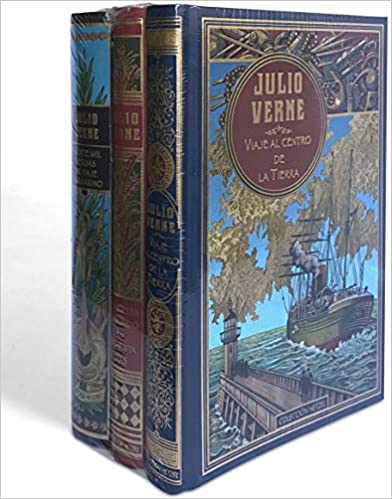
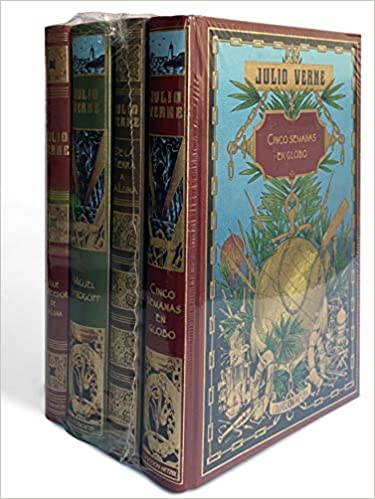
Victor Hugo. the soul epic
An author like Víctor Hugo becomes a fundamental reference to see the world under that romantic prism typical of his time. A perspective of the world that moved between the esoteric and modernity, a time in which machines generated industrial wealth and misery in crowded cities. A period in which in those same cities cohabited the splendor of the new bourgeoisie and the darkness of a working class that some circles planned in a constant attempt at social revolution.
Contrasts that Victor Hugo knew how to capture in his literary work. Novels committed to ideals, with a transforming intention in some way and a lively, very lively plot. Stories that are still read today with true admiration for their complex and complete structure. Les Miserables was that pinnacle novel, but there is much more to discover in this author.
Marcel Proust. Philosophy made argument
The very marked gift sometimes seems to need a compensatory balance. Marcel Proust he had much of an innate creator, but in contrast he grew up as a child of delicate health. Or maybe it was all because of the same plan. From weakness, a special sensitivity is acquired, an impression on the edge of life, an unparalleled opportunity to focus the creative gift towards the dilemmas of life. existence.
Because from weakness only rebellion can be born, the desire to communicate discontent and pessimism. Literature, cradle of souls doomed to tragedy, sublimation of losers and unequivocal reflection of who we truly are. In the midst of the transition between the XNUMXth and XNUMXth centuries, Proust knew better than anyone how to relate the synthesis of living, surrendering to the impulses of his youth to gather in himself when he reached maturity.
Lovers of Proust obtain in his great masterpiece "In search of lost time" an exquisite literary pleasure, and some volumes facilitate the approach to this wonderful existential library in case formats:
On the other hand, the greatest difficulty in writing existentialist fiction lies in a possible genuinely philosophical drift. To avoid this centripetal force that leads the writer towards the wells of thought and that stagnates characters and settings, a point of vitalism is needed, a contribution of fantasy or dynamic action (thought, meditation can also be action, to the extent in which they move the reader between sensations, between perceptions in a never static chronology). Only in that balance could Proust create his great work In Search of Lost Time, that set of novels woven together by two threads, delicacy or fragility and the sensation of loss, of tragedy.
Finally deceased at age 49, it is likely that his mission in this world, if this world has a mission or destiny, will be frankly well closed. His work is the summit of literature.
Marguerite Yourcenar. The most versatile pen
Few writers are known who have made a pseudonym their official name, far beyond the custom or popular use that serves the cause of marketing, or that represents a disguise for the writer to become a different person. In the case of Marguerite crayencour, the use of her anagrammed surname derived, once she became a US citizen in 1947, in the official status of the already world-renowned Yourcenar.
Between the anecdotal and the fundamental, this fact points to the free transition between the person and the writer. Because Marguerite crayencour, devoted to literature in all its manifestations; explorer of letters from its classical origins; and with his overflowing intellectual capacity towards narrative erudition in form and substance, he always moved with firm will and irrevocable literary commitment as a way of life and as a channel and fundamental testimony of the human in history.
Self-taught literary training, typical of a woman whose youth coincided with the Great War, her intellectual concerns were promoted from the figure of her father. With its aristocratic origins, hit by the first great European conflict, the figure of the cultivator father allowed that empowerment of the gifted young woman.
In her early days as a writer (at the age of twenty, she had already written her first novel) she made this task compatible with translating great Anglo-Saxon authors such as her own into her native French. Virginia Woolf o Henry james.
And the truth is that throughout her life she continued with this double task of developing her own creation or rescuing to the French the most valuable works among the Greek classics or any other creations that assaulted her on her frequent travels.
Marguerite's own oeuvre is recognized as a highly elaborate set of works, full of wisdom in a form as sophisticated as it is illuminating. The novels, poems or stories of this French author combine brilliant form with transcendental substance. Her recognition of all her dedication came with her emergence as the first woman to enter the French Academy, back in 1980. Here is a book with some of her essays:
Annie Ernaux. bio fiction
No literature as committed as the one that conveys an autobiographical vision. And it's not just about pulling memories and experiences to compose a plot from the most extreme circumstances faced in darker historical moments. For Annie Ernaux, everything narrated takes on another dimension by making the plot realism in the first person. A closer realism that overflows with authenticity. Her literary figures acquire greater meaning and the final composition is a true transition to inhabit other souls.
And Ernaux's soul deals with transcribing, combining purity, clairvoyance, passion and rawness, a kind of emotional intelligence at the service of all kinds of stories, from a first-person view to mimicry of everyday life that ends up splashing us all in any of the scenes presented to us.
With an unusual capacity for the complete attunement of the human, Ernaux tells us about his life and our lives, he projects scenarios like theater performances where we end up seeing ourselves on stage reciting the usual soliloquies made up of thoughts and drifts of the psyche determined to elucidate what is happening with the nonsense of improvisation that is the existence that would sign the same kundera.
We did not find in the bibliography of this author Nobel Prize for Literature 2022 a narrative compelled by the action as sustenance of the plot. And yet it is magical to see how life advances with that strange slow cadence of moments to finally be pushed, in strange contrast, to a passing of the years that is barely appreciated. Literature made magic of the passage of time between human concerns of the closest. Here is one of his best known books:
Michel Houellebecq. the french bukowski
since that one Michael Thomas, published his first novel with a prestigious publishing house but from elitist minorities, he already pulled his unstructured, acid and critical vision to stir consciences or viscera. With that narrative-bellicose mood, she little could imagine that she would end up opening up to readers from all spectrums. The sophistication in the background of a plot can end up being succulent for any reader if the form, the packaging, the most direct language allows access to that more intellectual field. Which is the same, knowing how to slide between a live action, a dose of hemlock. In the end, Michel peppered his work with controversial and harshly criticized books. Surely that means that his narrative awakens and stirs up the most critical soul of any reader.
Y Michel Houellebecq he achieves that balance in almost everything he sets out to tell. In the style of a Paul auster that he would scatter his imaginary among current novels, science fiction or essays. Comparing always arouses misgivings. And the truth is that the current, modern, exploratory narrative never traces identical paths between its most avant-garde creators. But you have to rely on something to establish the worth of an author. If for me Houellebecq distills essences of Auster at times, well that's how it stays...
His science fiction side is an aspect that I really like about this author. As well as Margaret Atwood offered in his novel The Maid a rich conscience-raising dystopia, Michel did the same with his recent "The possibility of an island", one of those stories that, over time, acquires the value it has, when times reach the forefront of thought creator that culminated in this novel. For the rest, there is plenty to choose from in “Michel de surname unpronounceable”, and here are my ideas about it… Here is one of his last books:
Albert Camus. existentialism as adventure
As a good existentialist writer, perhaps the most representative of this trend or genre, Albert Camus he knew he needed to write early. It makes sense that one of the authors who has tried the most to use fiction to reach the soul in its ultimate sense, emerge as a writer since youth pushes that knowledge of existence. Existence as that wasteland that extends once childhood has been abandoned.
From this contrast born with adulthood comes the estrangement of Camus, the feeling that, once outside paradise, one lives in alienation, in the suspicion that reality is an absurdity disguised as beliefs, ideals and motivations.
It sounds somewhat fatalistic, and it is. For Camus to exist is to doubt everything, to the point of bordering on madness. His three published novels (we must remember that he died at the age of 46) offer us lucid glimpses of our reality, through characters lost in themselves. And yet it is wonderful to submit to that humanity naked of artifice. A true literary and intellectual delight. Here is one of the latest editions of “The Foreigner”:
Fred Vargas. The most elegant noir
I personally consider that when a writer like Fred Vargas is maintained with absolute brilliance in a detective genre above more black tendencies, it must be because he still likes to cultivate that art of a purely detective novel, where death and crime are considered as an enigma and a plot is developed towards the discovery of the murderer, in a challenge proposed to the reader.
When this hook is good enough, there is no need to resort to more lurid accessories or amoral derivations that splash all social classes. With this I am not detracting from crime novels (quite the contrary, since it is one of my favorite genres), but I am emphasizing the virtuous capacity to surprise the Connan doyle o Agatha Christie when it seems that everything is written in that area.
It is true that a mythological or even fantastic touch that surrounds the plot can offer a special charm while pushing the reader towards scenarios where the investigation flirts with esoteric aspects, but therein lies the Fred Vargas skill to reconcile everything with a rational virtuosity a la Sherlock Holmes.
So all my appreciation for the writer behind the pseudonym of Fred Vargas and her determination to write purer police with reminiscences of ancient mysteries included in not a few of her books. Although it is also true that the overwhelming magnetism of the noir genre always ends up soaking up some scenes ...
I rescue a unique book by Fred Vargas with its curator Adamsberg as the protagonist in disparate scenarios:
Jean-Paul Sartre. The uprooted brilliance
The idealism most committed to the human, and carried to its last consequences, is always oriented towards the left, towards the social, towards state protection towards the citizen and against the excesses of a market that, freed from all ties, always ends up limiting access to wealth (If the market were allowed everything, it would end up debasing itself, that is clear in the current trend).
Being an idealist in this sense and an existentialist out of philosophical conviction led him to Jean Paul Sartre (with whoever his wife was Simone de Beauvoir), to an almost fatalistic literature as an awareness-raising task and to other types of narrative proposals such as the essay that tried to compensate for the wear and tear of one who fights against giants with energy, courage and vitality. Existentialism in the strictly literary and commitment and protest in any other area of writing between the social and the philosophical.
Being and nothing is probably your more brilliant work, of a philosophical tinge but with a social narrative of Europe devastated after the Second World War. An essential book by the genius Sartre that nurtured thinkers but also literati. A way of transmitting the world (or what was left of it), which served as an anthropological study but also became a source for the intimate account of so many and so many intra-histories of losers of the war (that is, of all)

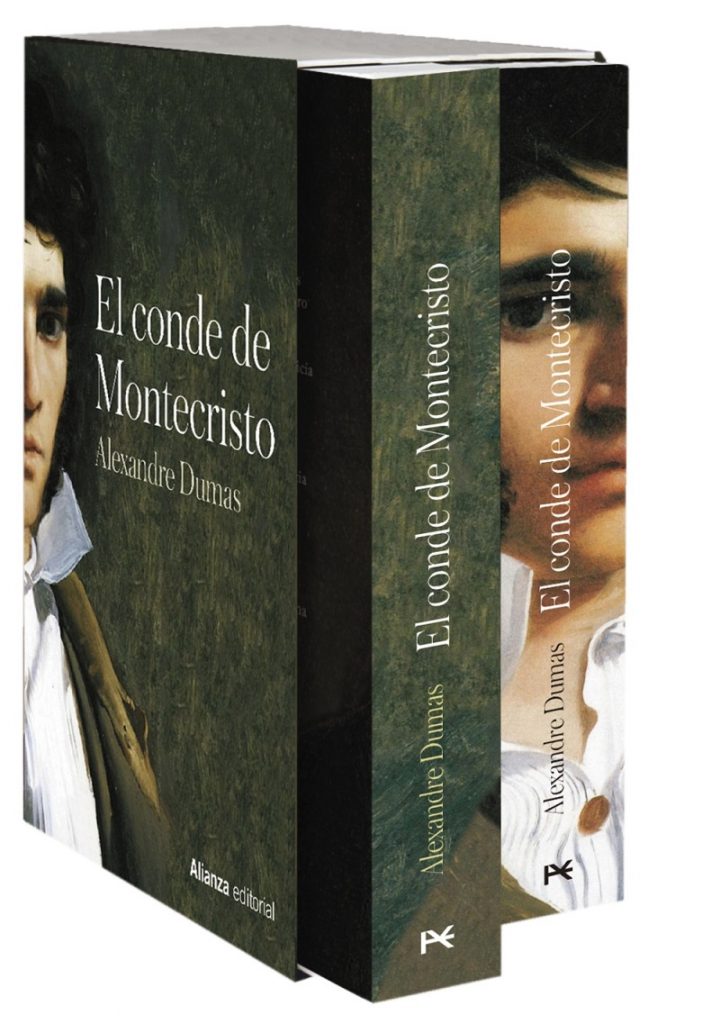
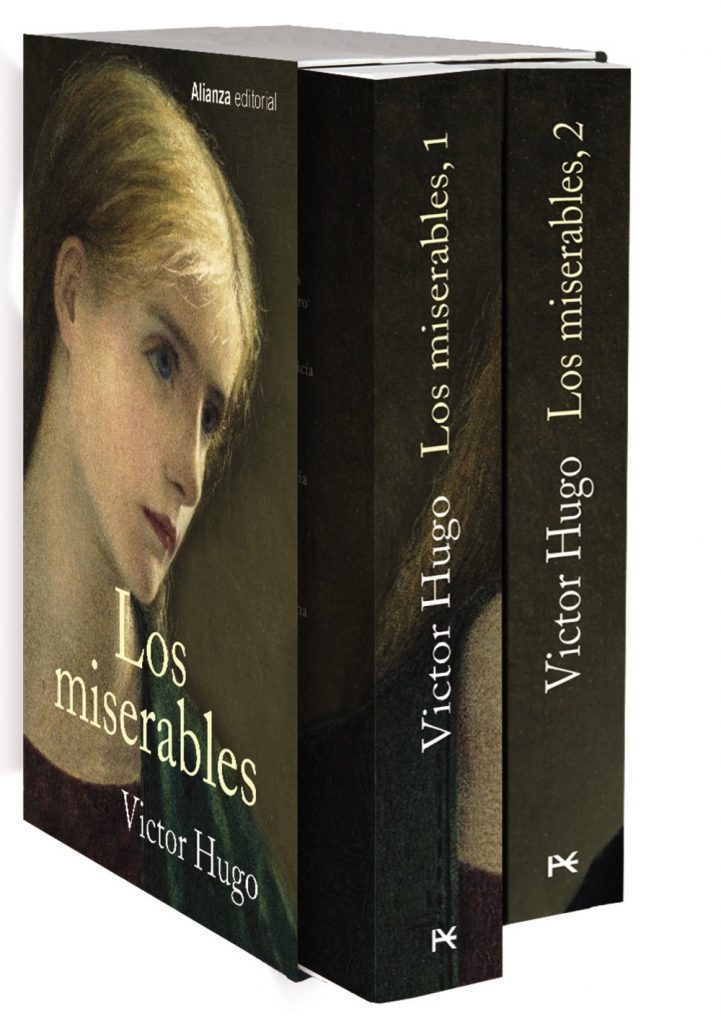
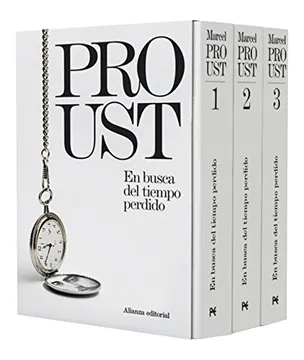
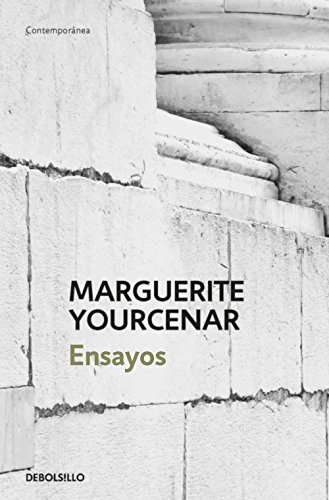
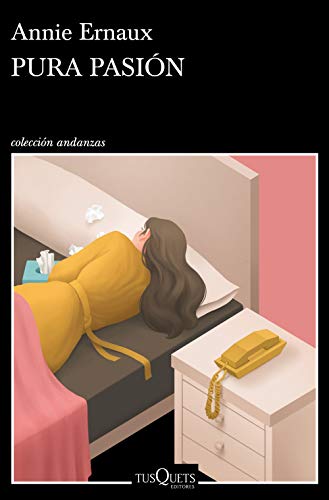
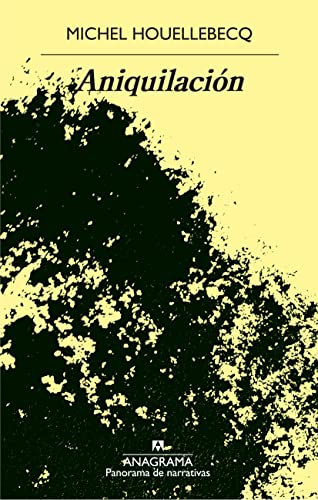
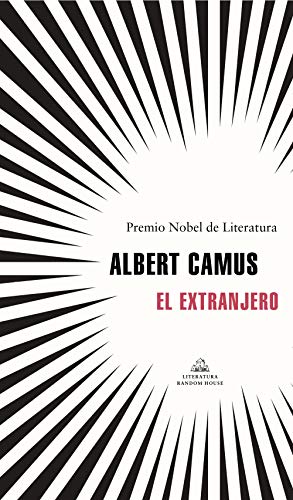
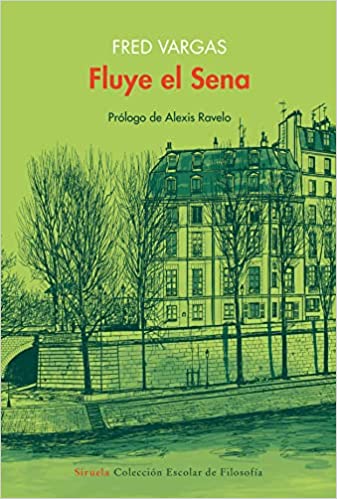
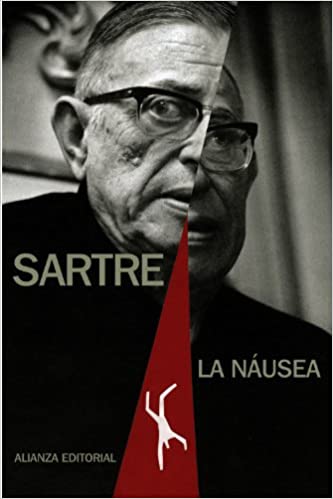
1 comment on “The 10 best French writers”